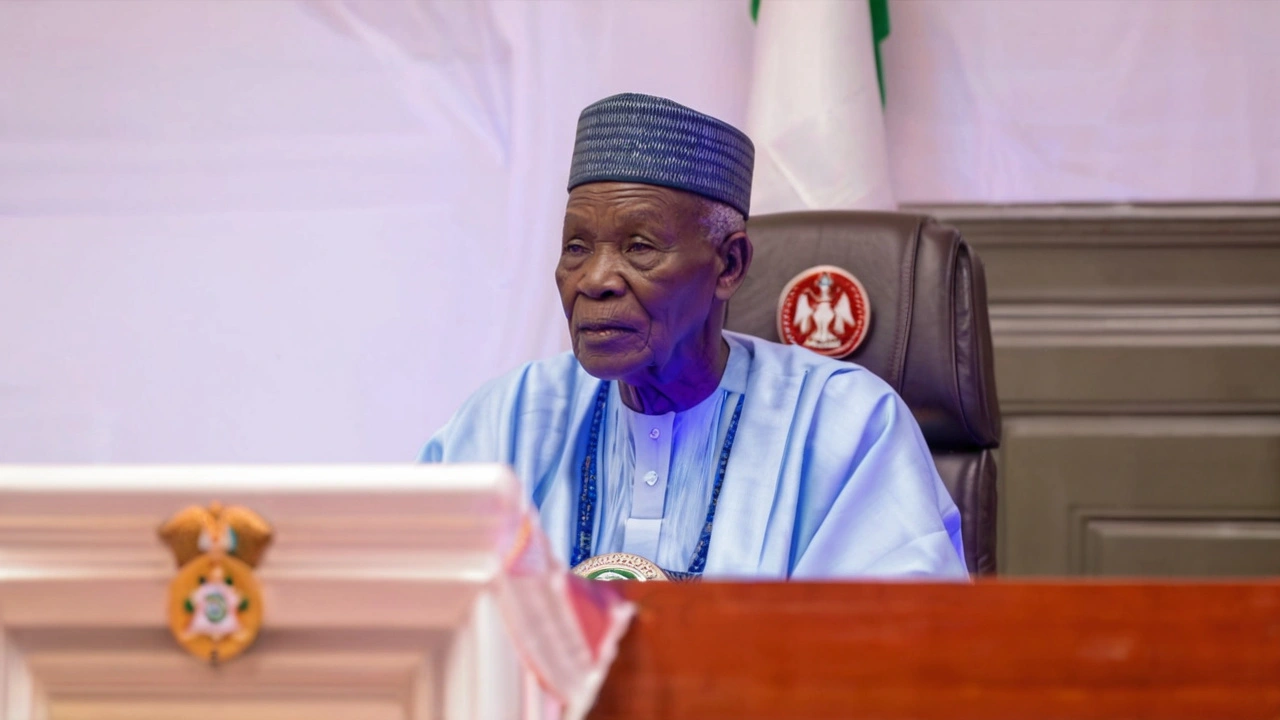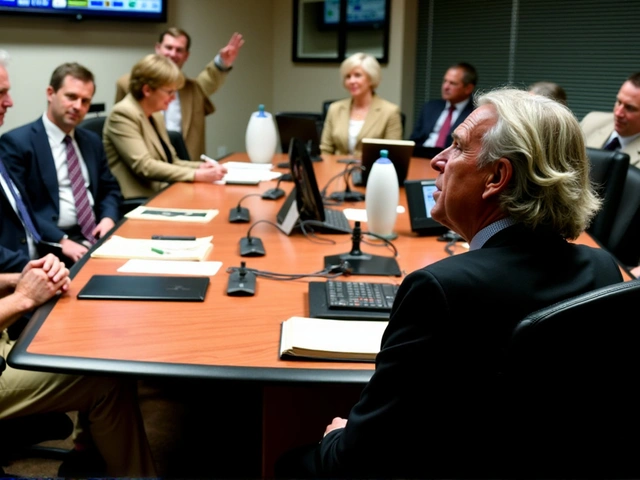World Bank fraud: how to spot it, follow investigations, and report
Worried a project funded by the World Bank might involve fraud? You’re not alone. Corruption and misuse of development money hurts communities, wastes resources, and delays services. This short guide shows clear, practical steps to spot suspicious behaviour, follow an investigation, and file a complaint that can actually get action.
How to spot red flags in World Bank projects
Start with the documents. Look for missing or vague procurement notices, sudden contract changes, or repeated sole-source awards to the same company. Check budgets: wildly inflated unit prices or lots of line-item rounding are bad signs. Watch for shell companies, directors with no online trace, or firms registered offshore that win local contracts.
Compare what was promised with what’s on the ground. If a clinic, road, or school is half-built while full payments were made, that’s a red flag. Pay attention to timelines — repeated contract extensions without clear reasons, or payments before work starts, often mean weak oversight or worse.
Where to find reliable data and follow investigations
The World Bank publishes lots of info online. Use the Projects & Operations portal (projects.worldbank.org) to pull loan documents, procurement notices, contracts, and disbursement data. The Bank’s procurement and contract pages show who won contracts and how much was paid. Open data platforms like OpenCorporates or the ICIJ databases help you check company ownership and links to people.
The Bank has an integrity office that investigates allegations of fraud and corruption. It also has the Inspection Panel for people affected by projects. Look up the integrity office’s case summaries and sanctions lists to see if a company or individual has been investigated or debarred. Sanctions can mean repayment, exclusion from future contracts, or referrals to national authorities.
For journalists or researchers, build a simple checklist: project ID, contract numbers, supplier names, payment dates, site visits, and photos. Cross-check procurement records with bank disbursement reports and local government paperwork.
If you want to act, gather documents and clear observations first. Screenshots, contract PDFs, bank statements, and photos are powerful. Note dates, names, and exact locations. Keep copies and a clear timeline of events.
To report misconduct, use the World Bank’s reporting channels listed on its website. You can file complaints with the Bank’s integrity office or the Inspection Panel, depending on the issue. Also alert your country’s anti-corruption agency and local civil society groups; they often push faster investigations and follow-up.
Want quick wins? Share your findings with a local journalist, a transparency NGO, or a community group. Public scrutiny forces authorities to act faster and helps keep development funds doing what they should: building schools, clinics and roads — not lining pockets.
If you need a starting point today, find the project on projects.worldbank.org, download the procurement and contract files, and check the Bank’s sanctions page for any related cases. That simple research often reveals more than people expect.
A prominent media group has asked President Bola Tinubu to start a judicial enquiry into revelations about a significant scam involving NNPC and the World Bank. The group's letter claims this is the biggest scam in recent African history. Their aim is to uncover the truth and ensure accountability, believing the scam is a deliberate effort to hinder Nigeria's economic growth.
Recent-posts
Apr, 21 2025
Apr, 28 2025






